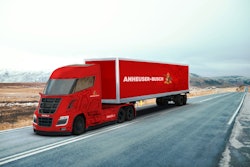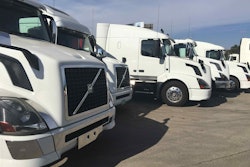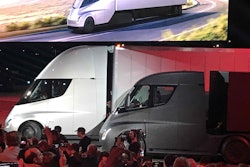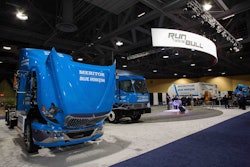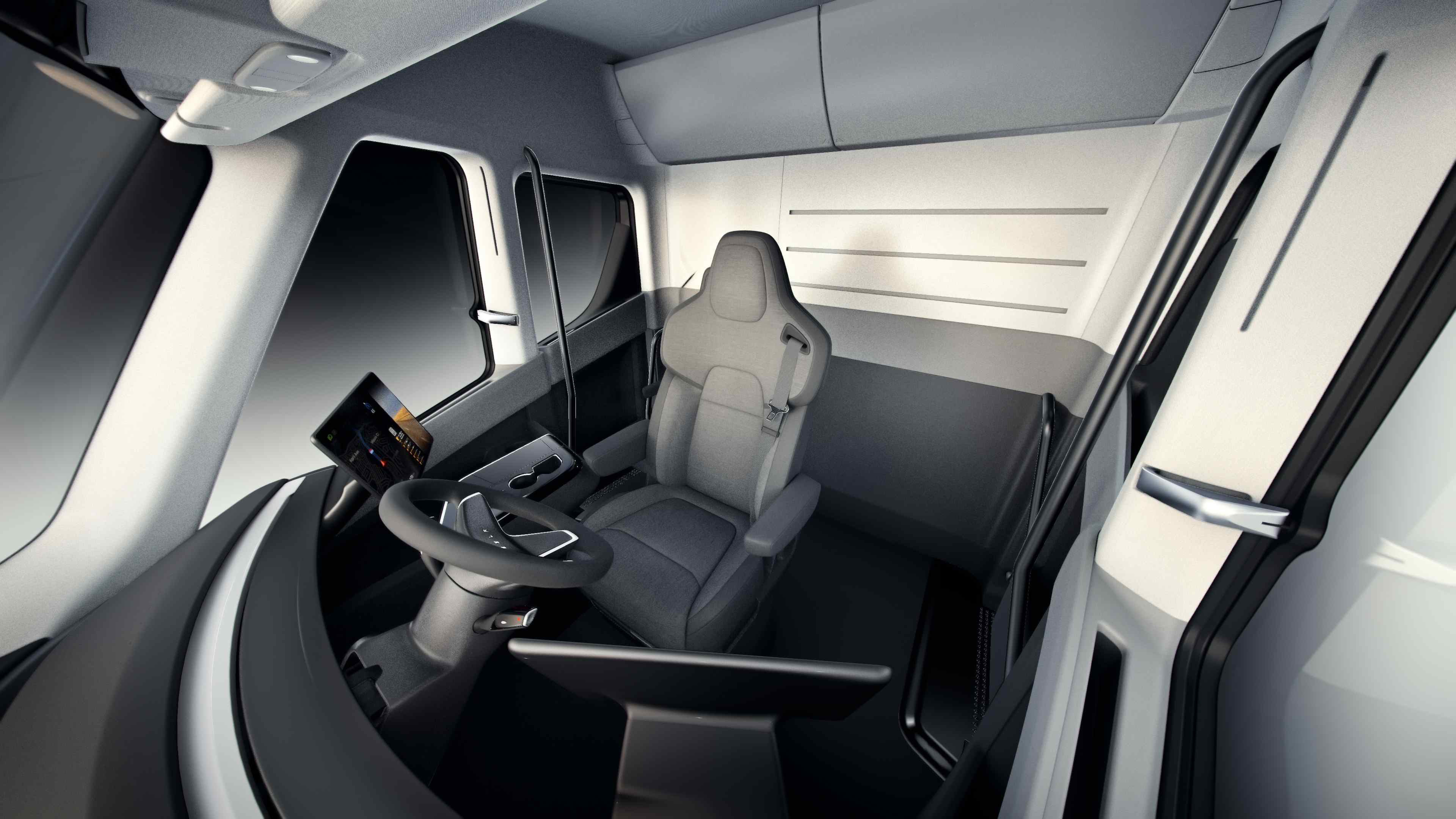 When Palo Alto, Calif.-based carmarker Tesla officially entered the world of trucking last November, CEO Elon Musk promised to deliver an all-electric tractor with a 500 mile range.
When Palo Alto, Calif.-based carmarker Tesla officially entered the world of trucking last November, CEO Elon Musk promised to deliver an all-electric tractor with a 500 mile range.
Wednesday, during the company’s earnings call with Wall Street analysts, he forecasted actual production units – slated to kick off next year – will exceed that figure.
“Even if we didn’t improve our battery technology at all, we could achieve a 500 mile range truck,” Musk says. “We’re going to do better than 500 miles. We can do a 500 mile range Semi today. I think the actual production unit will be about a 600-mile range.”
Tesla Chief Technical Officer J. B. Straubel says the expectation to exceed the truck’s advertised range isn’t necessarily betting on an advancement in technology. He says the kind of technology needed to produce a 500 mile tractor is already within the company’s abilities.
“I think the key point is, it doesn’t require some dramatic breakthrough,” he says. “So, there’s a fundamental misunderstanding, I think, of what the current technology in our existing products can actually do … we basically have what we need in-house and understand how to do those specs today or better.”
Musk’s claims of the tractor’s range have been met largely with skepticism from the trucking world, most notably head of Daimler Trucks Martin Daum.
“If Tesla really delivers on this promise, we’ll obviously buy two trucks – one to take apart and one to test because if that happens, something has passed us by,” Daum told Bloomberg earlier this year. “But for now, the same laws of physics apply [in Germany and in California].”
“[Daum] doesn’t know much about physics,” Musk rebutted on the call yesterday. “I know him. I’d be happy to engage in a physics discussion with him. I actually studied physics in college.”
Also during the call, both Musk and Straubel addressed the deployment of the charging network that will support the trucks, with each noting plans for those stations have not been finalized.
“We want to make sure that there is a very seamless and easy system to operate trucks wherever they need to go, and some customers may elect to work with us on the whole system or parts of it,” Straubel says. “But I think there’s a lot of different ways that that can be solved.”
“Yeah, for sure with commercial truck … economics are fundamental to that situation. They’re not making decisions based on aesthetics or consumer-related things,” Musk adds. “So the economics are incredibly important, and so we have to make sure that the Superchargers or Megachargers, or whatever we call them, the trucks are set up in a way to have very low cost electricity.”
Tesla has yet to confirm the number of Tesla Semis on reserve since order books opened late last year, however Musk gave an estimate yesterday.
“I actually don’t know how many reservations we have for the Semi,” he says. “About 2,000? I mean, we haven’t really tried to sell the Semi. It’s not like there’s like an ongoing sales effort, so … orders for Semi are like opportunistic. Really companies [are] approaching us.”
Tesla is currently ensnared in a legal dust-up with rival upstart truck maker Nikola Motor Company, with the latter accusing the former of design patent infringement – a lawsuit Musk called “laughable.”
“Nikola is suing Tesla. That’s hilarious. Fate loves irony,” Musk says, pointing out both companies are named in honor of inventor Nikola Tesla. “But they’re suing us because the way the trucks look, which is absurd. Nobody’s buying a Semi truck because the way it looks, or because [it has] a wraparound windshield or whatever. Please.”


